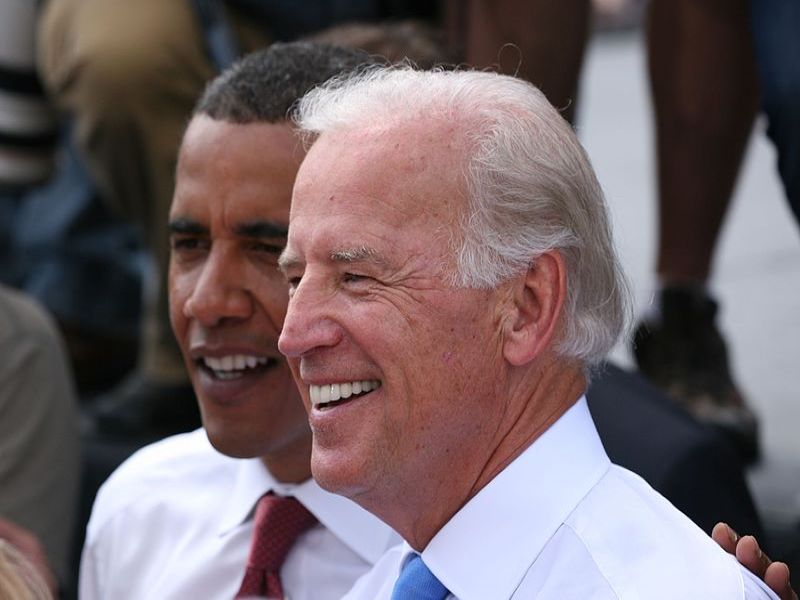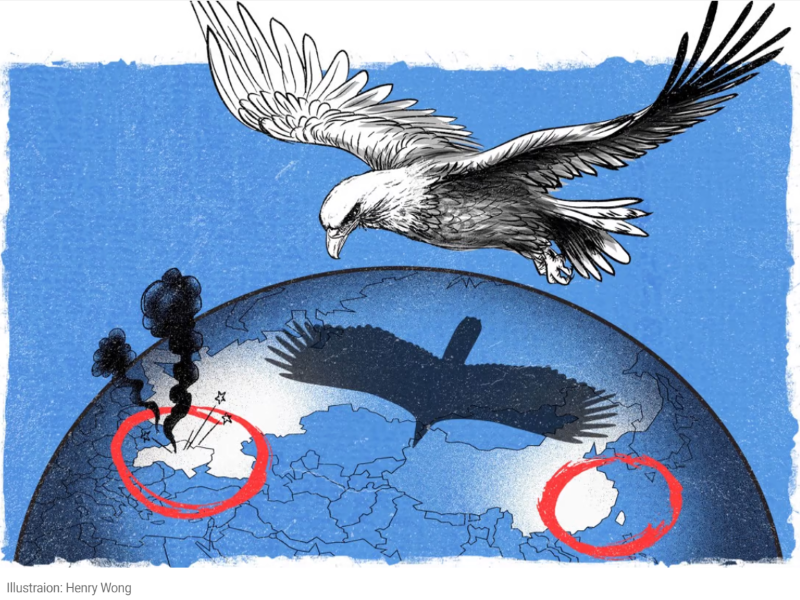Last December, in a bizarre move, the former president of South Korea Yoon Suk Yeol declared martial law. Speculation abounded as to why he did so. The BBC reported, after interviewing members of his inner circle, that Yoon Suk Yeol was driven by an urge to win, and viewed the South Korean opposition leader, Lee Jae-myung, as a “criminal.” Coupled with this is the suggestion that the president fell down the never-ending rabbit hole of right wing conspiracy theories, such as believing that the opposition parties were under the command of North Korea. Others have posited that the former South Korean president might have declared martial law to protect himself from corruption charges stemming from allegations that he and his wife, Kim Keon Hee, influenced the selection of a candidate for their party at the behest of an election broker.
Speculation aside, officially, Yoon Suk Yeol stated that his declaration of martial law was to stop political deadlock and counter anti-state forces with North Korean sympathies. What followed was the deployment of soldiers to the parliament building and the rapid assembly of protestors, as well as members of the parliament attempting to push past them to overturn the declaration of martial law, which they successfully did. Very recently, South Korea’s Constitutional Court unanimously ruled that Yoon Suk Yeol had to be removed from office and that elections must be held to replace him, as he violated South Korea’s constitution. The reception of such news was mixed. Supporters of Yoon Suk Yeol assembled and protested the decision by the Constitutional Court, calling it “invalid” and demanding they “[n]ullify the snap election.” Others, however, are ecstatic that Yoon Suk Yeol has been impeached.
This pivotal moment in South Korean history provides the world a valuable lesson in the potential resilience of democratic institutions – a lesson NATO members can learn from and, if necessary, emulate. NATO itself is a bulwark against authoritarianism that is focused on promoting democratic values in its member nations. Article 2 of the North Atlantic Treaty, the founding document of NATO, binds members to this, as it states that, “The Parties will contribute toward the further development of peaceful and friendly international relations by strengthening their free institutions…”
Encouraging member states to not only cooperate on security issues, but also ensure that they maintain democratic institutions, is an integral part of NATO’s raison d’être. While NATO works through a military lens to support this, such as by militarily supporting democracies and providing deterrence against those who would undermine them, it also effectuates it through political institutions, such as the Partnership for Peace, which can help shore up the democracies of its members by fostering civilian control over their militaries.
Ultimately, though, institutions can only do so much to defend democracy if they aren’t supported by a democratically-minded citizenry. The power of a democratically motivated populace is self-evident. Not only do we see the resistance of the South Korean people today as a prime example, but the Euromaidan revolution in Ukraine is another. In November 2013, choosing closer ties with Russia and not signing an Association Agreement with the EU, former Ukrainian President Viktor Yanukovych was ousted by a democratic reform-oriented Ukrainian people who sought to break free from Russian meddling in their society. This revolution laid the groundwork for the democratic Ukraine we see today and the resulting efforts by Russia to force regime change on Kyiv to make Ukraine subservient to it again.
In the other direction, the world is witnessing the disturbing erosion of democracy in one of the world’s erstwhile greatest champions of it, because its populace is slow to protest this retrograde drift. The current situation in the United States, with the crumbling of numerous democratic institutions, norms, and the salience of unelected figures at the forefront of government initiatives, stands in sad contrast to the examples of South Korea and Ukraine. Democracy is something that must be constantly defended, not only by institutions, but by the general will itself. While democratic means did choose the current U.S. administration, its current actions, with the signing of executive orders targeting perceived enemies of President Donald Trump, as well as his musings of running for a unconstitutional third term, are a telltale sign of creeping authoritarianism. Already there have been protests against President Trump’s policies, but the seeming impotence of courts to force President Trump to obey its orders will possibly lead to a constitutional crisis. As such, the lack of a unity of purpose between a democratically minded citizenry and democratic institutions risks the U.S. sliding into authoritarianism.
South Korea demonstrates the strength and durability of democracy when it has robust institutions and a democratically motivated people who want to protect it. As such, NATO members should learn from South Korea and work to ensure that their own democracies are robust enough to defend against potential autocratic aspirants. Member states can do this by focusing on educating their populace on the importance of democracy and by strengthening their democratic institutions. By giving more power to these two groups, democracies can thrive and defend against authoritarian proponents who want to dominate government.
Disclaimer: Any views or opinions expressed in articles are solely those of the authors and do not necessarily represent the views of the NATO Association of Canada.
Photo is AI generated from StockCake.





